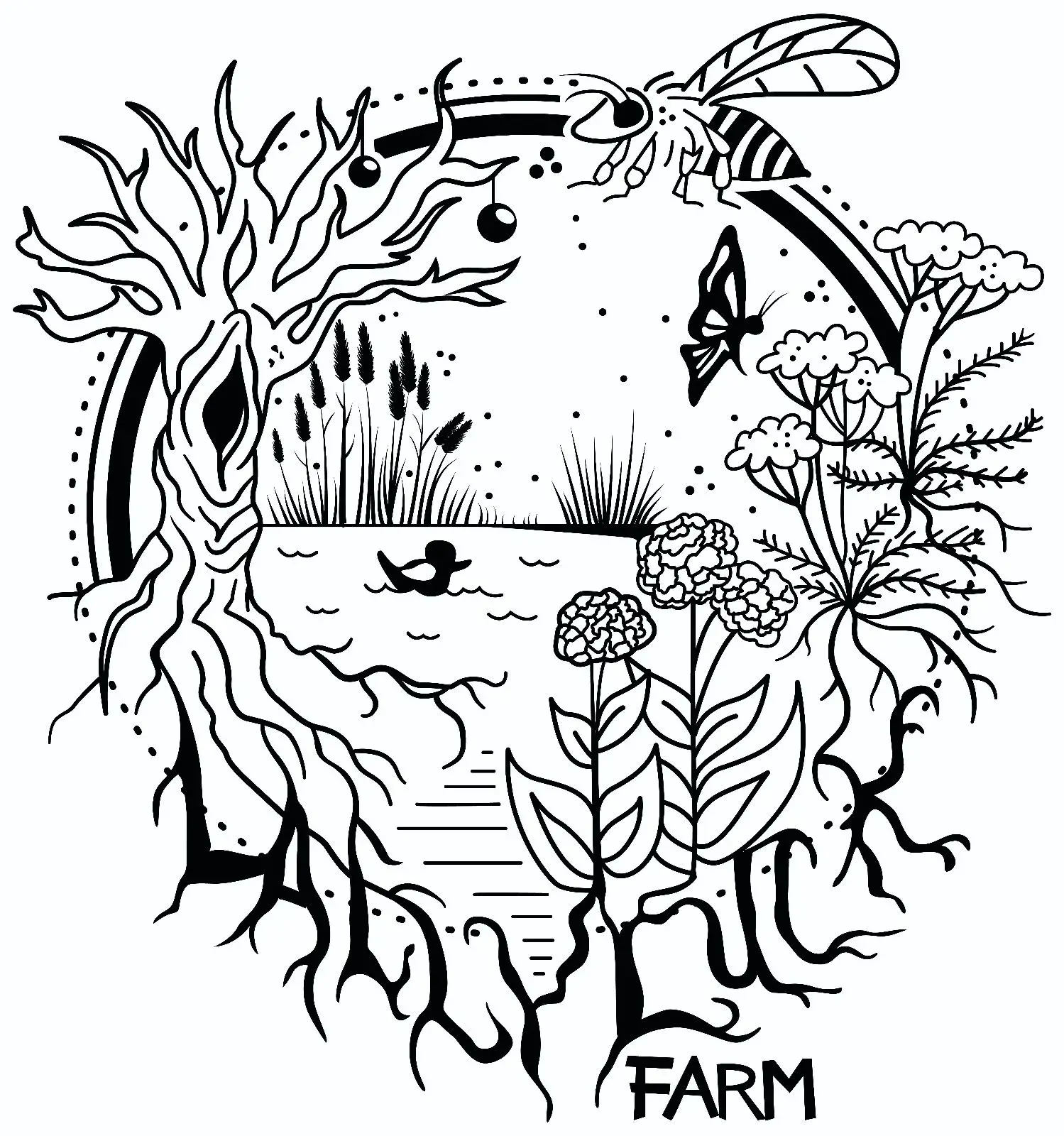I received this plant as a gift from my job a few years ago with no additional information. I was only watering it once a week since I thought it was a succulent and that succulents did not need much water; but I recently learned succulents do like water and I’m not sure if this is a succulent anyways.
Can anyone help me identify this plant and the correct care for it? (I apologize if this is a very obvious situation to most.)
That’s a sedum. It can have water but it needs very good drainage. I can hardly see your pot or soil well but you need a pot with holes in the bottom, and plenty of rocks/grit/sand/ in it. Don’t water it if the soil is wet, and don’t worry if it goes a while without water. The leaves will get wrinkly if it’s thirsty and it can survive like that for a while
It also needs a lot more light. Stick it in the sunniest spot you have - mine live on my south facing windowsill all year round and that’s just about enough for it (I live in the UK). Mine are potted in lechuza pon which looks a lot like gravel. At the height of summer I water them every 2 weeks max. In winter I water them every month-6 weeks. They’re hardy things. You’re far more likely to kill it by overwatering than under.
That’s great to know. I repotted it recently, so it does have a good drainage hole, but I’m using potting soil. I’ll have to get something else next time I go to the store.
I’ll definitely be mindful to water it every 1-2 weeks.
The funny thing (regarding the planter size) is when I repotted it, I didn’t really see any roots…
I don’t mean to be the voice of doom, but I suspect you may have lost the roots to root rot. What I can see of the soil looks far far too wet. Sedums have really delicate roots, they’re very fragile and if it wasn’t root rot, the weight of the wet soil when you repotted it probably tore them off. The good news is they propagate (grow new roots) very easily. It’s clearly alive in the that photo so no need to panic. Just let the soil dry out completely between waterings - you should be able to push your finger into the soil and pull it out cleanly without any soil stuck to it.
If you’re not already, you should water it from the bottom not the top - stick the pot in the sink or a bowl of water and leave it for an hour max. Shake off the excess water before you put it back in the decorative pot. You won’t need to repot it again for at least a year - wait until the roots are growing out of the holes in the bottom of the pot. And you don’t necessarily need to buy new potting soil if you just have the one plant - just grab some gravel/small stones from outside. Rinse them thoroughly and push them gently into the soil. That lets the soil aerate and helps prevent root rot. You can poke a kebab stick or similar into the soil and give it a gentle wiggle to add air to the soil too.
When sedums get enough light their leaves are very close together and you can barely see the stem. At the moment it’s etiolated - it’s stretching towards the light and growing long and stringy rather than compact and full. If it ends up looking really odd after it starts growing properly drop me a message and I’ll talk you through how to chop and prop it. I’ve had more than my fair share of dodgy looking succulents!
That’s a great tip about watering from the bottom. I didn’t realize that was the optimal method. I’m glad I asked, since I was definitely watering it wrong.
Sorry, I forgot to switch accounts. Both SomeoneElses are me!
You’re welcome! I accidentally killed more than a few plants when I first got into them. Now my house is a legit jungle - there’s well over 100 plants in here! Happy growing!
I agree with @NataliePortland that it’s a sedum (though some I’m familiar with are classified in Hylotelephium). Their suggestions for the potting mix are solid too. I think the pot looks a little on the small side, from what I can see, and would suggest sizing up a bit if you’re able.
@SomeoneElse makes a good point about the amount of sun it’s receiving as well. I’ve seen some sedums look like this from a lack of nitrogen, or from chlorosis - if your plant is already in a sunny spot this may be an avenue to explore to green it up some.
I think it could be lack of sun, but unfortunately it’s I’m the sunniest place I can put it for now.
Would you recommend putting used coffee grounds in the soil? I’ve heard it helps with nitrogen, but I’m not exactly an expert.
I’ve had poor results adding coffee grounds straight to potted plants, and find it better as an addition to compost piles. There’s research to suggest that caffeine is a root inhibitor, though I haven’t dug too deeply into that. One friend of ours will re-brew spent grounds and use that water, though, for an anecdotal counter to me.
For solid plant nutrition (as in a well rounded cocktail of nutrients) it’s hard to beat urea, though it’s best when diluted to prevent salt buildup (this is doubly important for houseplants, for additional reasons). Others that are easy to source include things like kelp meal, blood meal, or pelletized manures. I’m not personally a fan of the stuff but something like osmocote would work as well. Smaller nurseries or landscaping outfits around you may have a supply you could purchase some of if that’s your speed.
I also agree it looks like some kind of sedum (in a bit of a sad state), but just wanted to add that sedum is known commonly as stonecrop in some places. In case you’re looking around in a garden store or something, they may be called stonecrop there.
https://identify.plantnet.org/ might be able to help, or at least give you some candidates to carefully inspect and rule out!





